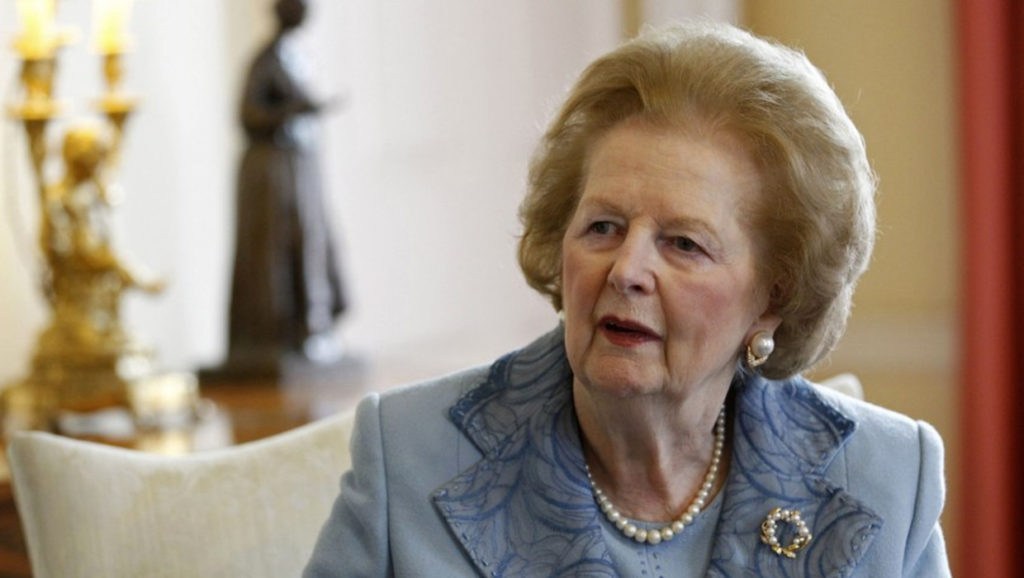During her State of the European Union speech on Wednesday, Commission president Ursula von der Leyen quoted part of a speech by former UK Prime Minister Margaret Thatcher to condemn the UK's current plans to reverse some of the Brexit agreements.
"This withdrawal agreement took three years to negotiate, and we worked relentlessly on it," von der Leyen said. "Line by line, word by word. And together, we succeeded."
The result of that agreement guarantees "our citizens' rights, financial interests, the integrity of the free market, and crucially, the Good Friday Agreement," she said. "The EU and the UK jointly agreed it was the best and only way for ensuring peace on the island of Ireland, and we will never backtrack on that."
Von der Leyen stressed that this is a matter of law, trust and good faith, before quoting from a 1975 Thatcher speech: "Britain does not break treaties. It would be bad for Britain, bad for relations with the rest of the world, and bad for any future treaty on trade."
The Commission President added that Thatcher's words were true then, and are still true today. “Trust is the foundation of any strong partnership."
The agreement was ratified by the EU and the UK's House of Commons and it "cannot be unilaterally changed, disregarded or misapplied," she said.
Last week, the British government introduced the controversial "Internal Market Bill", which would override certain elements of the Withdrawal agreement that UK Prime Minister Boris Johnson agreed on with the EU.
The law would allow ministers to take measures to ensure the free movement of goods to and from Northern Ireland, despite it being contrary to international law.
The Bill has faced criticism from the EU, with European Council President Charles Michel calling it “not acceptable.”
Maïthé Chini
The Brussels Times

